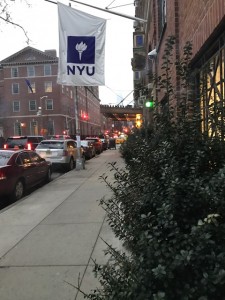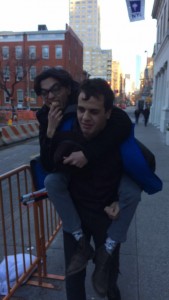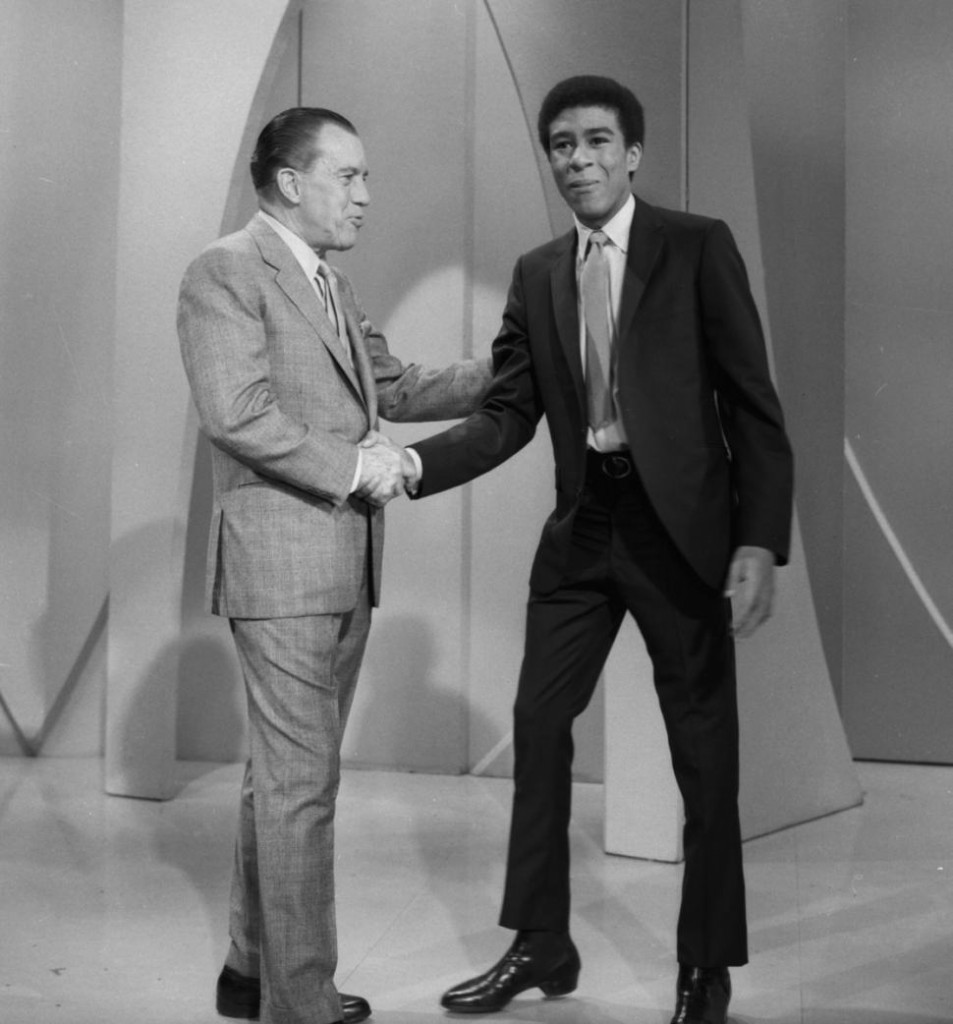“Hey there!”, “Good morning!”, “How can I help you?”. Greetings like these graced my ears a million times while I lived in California. It was so common that it seemed universal. It was a normalcy that I took for granted.
It wasn’t till I hopped on a plane across the country and moved into my dorm at Columbia University that I realized just how much of a privilege those pleasantries were. Instead of being greeted with warm, genuine smiles, I was met with blank stares and indifferent attitudes. It was a shock to go so unnoticed in such a densely populated space. Maybe the fact that people are so ubiquitous in New York City reduces the impulse for human interaction. Maybe people are so caught up in the hustle and bustle of their own lives, they don’t have the mental capacity to acknowledge their own neighbors. Whatever the case may be, the difference between social interaction in California and New York City is undeniably apparent.

For a while, this variation left me stunned. I felt like a fish out of water when my “please” and “thank you”s were met with confused faces. While this was certainly a culture shock, it was one that I was able to adapt to and eventually overcome. I’m all about appreciating the culture into which you are moving, but I also believe it’s important to remember where you came from. In this spirit, I chose to modify the way I carry myself in New York City. It’s important to curate a sense of community in your first few months of college, and this is virtually impossible without reaching out to people and starting conversation. With that being said, here’s a strategy that’s helped me retain my friendly West Coast mannerisms in the big City.
My advice is to begin with baby steps. Attitude and atmosphere are invisible characteristics, so it can be a surprise when they shift around you. I first noticed that my surroundings were different when the people on the street looked past me without a second thought. When I realized this, I had to take a step back and a breath inwards. What was I doing here? Should I be changing the way I act in order to fit in? These were the questions I had to ask myself as I was acclimating to the city. My answers all centered around the fact that I wanted to grow from the person I had been back home. Even though the city promotes individualism, I knew that I wouldn’t be able to grow without learning from people as well as my academic studies. With that in mind, I started practicing kindness in small gestures, like saying thank you to the security guards stationed at my residence hall, asking the dining hall workers how they were doing, and even holding open the door for other classmates. These small actions were the building blocks for greater actions like reaching out to professors during office hours or asking new friends to hang out. So many factors can overwhelm you during your freshman year of college, it can be difficult to stabilize yourself. Little by little, you can set yourself up to handle these important interactions with ease.
Ideally, we would live in a world full of friendly and constructive communities. Questions and conversations would flow seamlessly between people of all different backgrounds. New York City’s reality is one of closed-off individuals, but that doesn’t mean we have to surrender to the social stigma of cordiality. I’m nowhere close to being confident in talking to strangers, making friends, or curating community. It’s an experience that requires patience, practice, and even failure. I’m willing to endure a fit of discomfort in order to perform small actions of kindness. In my opinion, discomfort is necessary if your goal is to grow as a person. Though it may be difficult to immediately behave with grace, I encourage you to take the small steps for the sake of building your greater community. It’s the little things that go a long way!
By Thomas Stewart
Thomas currently attends Columbia University and plans to double major in creative writing and human rights. At Columbia Thomas is a staff writer for the City News section of the Columbia Daily Spectator, where he publishes articles that concern the West Harlem community. In his free time, you can find him practicing music or trying new vegetarian recipes

For over 20 years, the Campus Clipper has been offering awesome student discounts in NYC, from the East Side to Greenwich Village. Along with inspiration, the company offers students a special coupon booklet and the Official Student Guide, which encourages them to discover new places in the city and save money on food, clothing, and services.
At the Campus Clipper, not only do we help our interns learn new skills, make money, and create wonderful e-books, we give them a platform to teach others. Check our website for more student savings and watch our YouTube video showing off some of New York City’s finest students during the Welcome Week of 2015.






